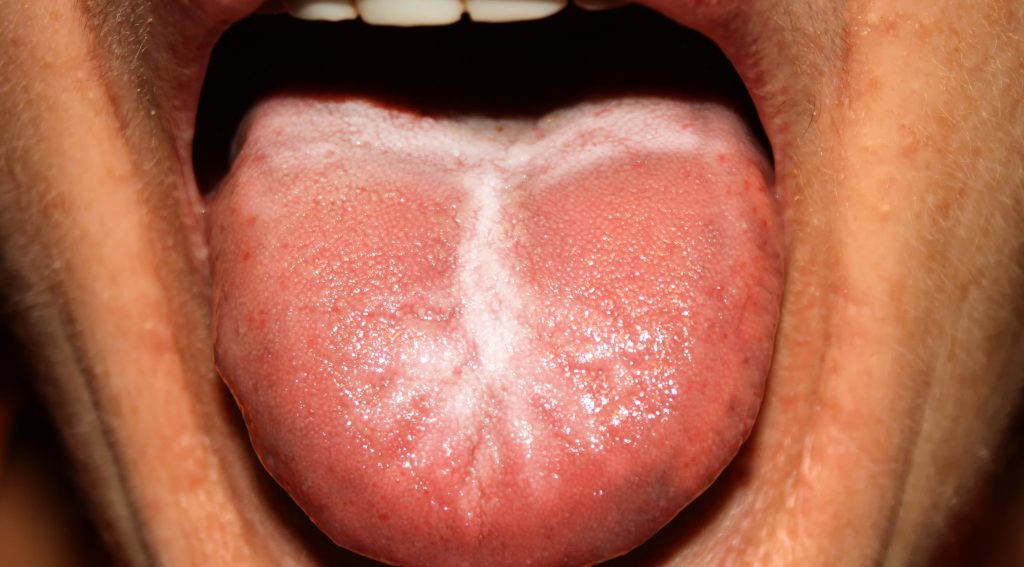 King’s College London has helped to identify the way the fungus Candida albicans (oral thrush) invades the human body.
King’s College London has helped to identify the way the fungus Candida albicans (oral thrush) invades the human body.
Along with the University of Pittsburgh, King’s College London discovered a fungal peptide toxin called Candidalysin, which punches holes in cells lining the mouth and is sensed by the immune system, which then begins to mount a defence.
It is hoped that the new study, published in Science Immunology, will lead to better treatments for oral thrush, which can cause severe pain leading to difficulty eating and swallowing.
‘The mouth is home to a large number of microbes, termed commensals, which are harmless in healthy individuals,’ study co-senior author, Julian Naglik, said.
‘However, suppression of the immune system can lead to severe and reoccurring painful oral infections from these organisms.’
Anti-fungal vaccines
In this study, researchers used human cells and mice to show the central importance of Candidalysin.
There is currently no commercially available anti-fungal vaccines, despite there being millions of fungal infections worldwide.


